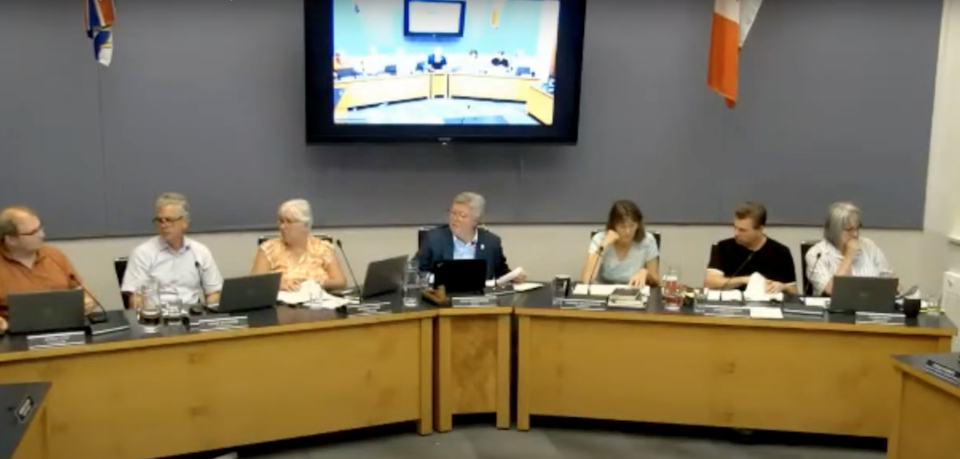Editor:
You are quite right. The words “banning books” were not specifically used at that meeting.
Grave Error is considered non-fiction, that does not necessarily mean that it is factually accurate. Those with an interest in supporting truth and reconciliation may choose to read it or not.
Those who profess to have all the facts may choose to read it or not.
Those who have no knowledge of the impact of residential schools may choose to read it or not.
However, when those who do read this or any book are discriminated against by those who disagree with its content what then?
When they are censured, and called deniers or worse names, or their job or position in their community is threatened for just looking at or discussing a book is that not basically the same as banning it?
Al Galbraith
Gibsons



